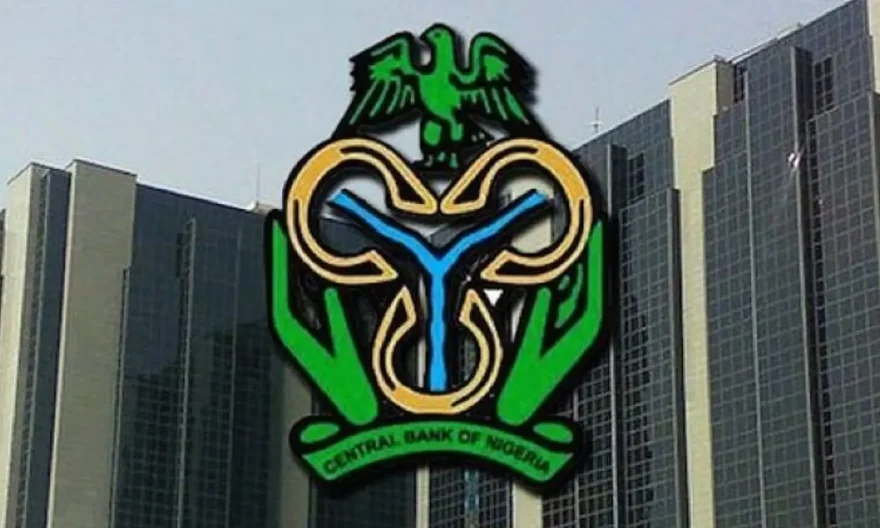
In a significant move aimed at stabilizing the foreign exchange market, the Central Bank of Nigeria (CBN) has managed to push the exchange rate of the US dollar to N1,101 against the naira. This strategic intervention by the apex bank is coupled with an allocation of $15.88 million to meet the growing demand for foreign currency within the economy.
JOIN US FOR MORE ON:
or
or Follow us on WhatsApp Channel
The latest development underscores the CBN’s commitment to managing the exchange rate dynamics amidst economic uncertainties and global currency fluctuations. The move comes as a relief to businesses and individuals grappling with the challenges posed by an unstable forex market, which has been exacerbated by various factors including dwindling oil revenues, foreign exchange scarcity, and the impact of the COVID-19 pandemic on global trade.
The decision to crash the US dollar rate to N1,101 represents a concerted effort by the CBN to maintain exchange rate stability and curb speculative activities that often drive up the value of the dollar against the naira. By injecting liquidity into the forex market and offering dollars at a lower rate, the CBN aims to reduce pressure on the naira and enhance the competitiveness of Nigerian businesses operating in the international market.
Furthermore, the allocation of $15.88 million signals the CBN’s readiness to meet the foreign exchange needs of critical sectors such as manufacturing, agriculture, and healthcare. This injection of funds is expected to facilitate imports of essential raw materials, machinery, and equipment, thereby supporting domestic production and economic growth.
It is noteworthy that the CBN’s intervention comes at a time when Nigeria is striving to diversify its economy away from overreliance on oil revenues and enhance self-sufficiency in key sectors. By ensuring a favorable exchange rate and adequate forex liquidity, the CBN aims to foster an enabling environment for investment, innovation, and economic development.
However, while the CBN’s efforts to stabilize the forex market are commendable, challenges such as inflationary pressures, fiscal deficits, and external debt obligations continue to pose significant risks to the economy. Therefore, sustaining exchange rate stability will require a holistic approach that addresses structural imbalances, enhances productivity, and promotes export-oriented policies.
